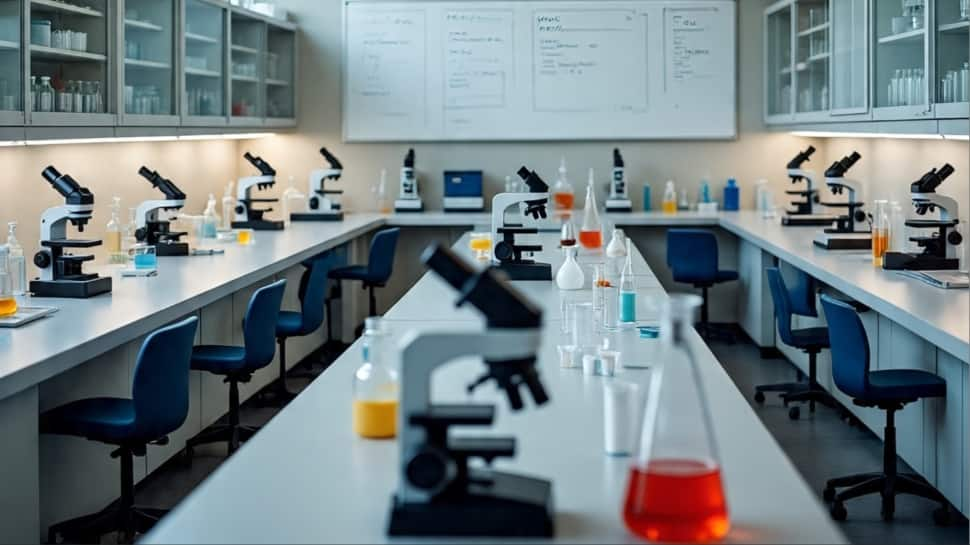New Delhi: In a major scientific leap, Chinese researchers have successfully developed a technique to transform methanol into white sugar, eliminating the need for traditional agricultural sources like sugar cane or sugar beets. The innovation allows carbon dioxide to be converted into food using an advanced biotransformation system.
The breakthrough comes from the Tianjin Institute of Industrial Biotechnology, where scientists have engineered an in vitro biotransformation (ivBT) platform. This system uses enzymes to convert methanol, derived from industrial waste or captured CO₂, into sucrose, offering a sustainable alternative to conventional farming methods.
“Artificial conversion of CO₂ into food and chemicals offers a promising strategy to address both environmental and population-related challenges while contributing to carbon neutrality,” the researchers noted in their study published in Science Bulletin.
The Tianjin-based team built on earlier research from the Dalian Institute of Chemical Physics, which in 2021 pioneered a low-temperature process to convert carbon dioxide into methanol. Using that as a foundation, the Tianjin researchers achieved an 86% conversion efficiency, a significant benchmark in the realm of sustainable biomanufacturing, according to the South China Morning Post.
In addition to sucrose, the ivBT system was also successfully adapted to produce starch, all while consuming less energy than conventional methods.
“In vitro biotransformation (ivBT) has emerged as a highly promising platform for sustainable biomanufacturing. In this work, we successfully designed and implemented an [ivBT] system for sucrose synthesis from low-carbon molecules,” the study stated.
Following its initial success, the system was further modified to produce a range of compounds, including fructose, amylose, amylopectin, cellobiose, and cellooligosaccharides.
With global CO₂ emissions driving a temperature rise of at least 1.1 degrees Celsius, and the world’s population projected to hit 10 billion by 2100, the demand for food is expected to double. Innovations like this offer a potential path forward.
The chemical conversion of CO₂ into valuable compounds could reshape how food and industrial chemicals are produced, making greenhouse gases a resource instead of a threat.



